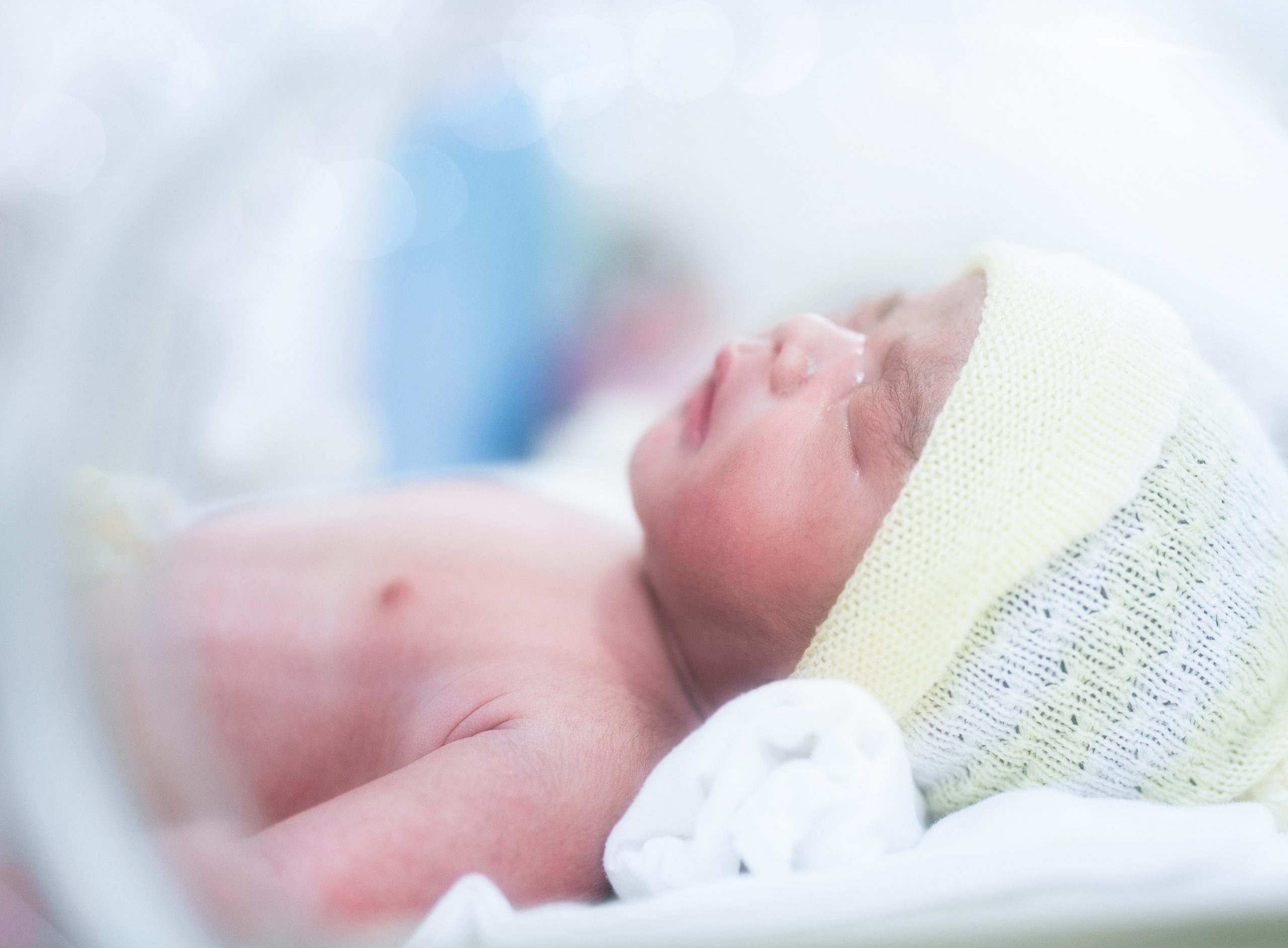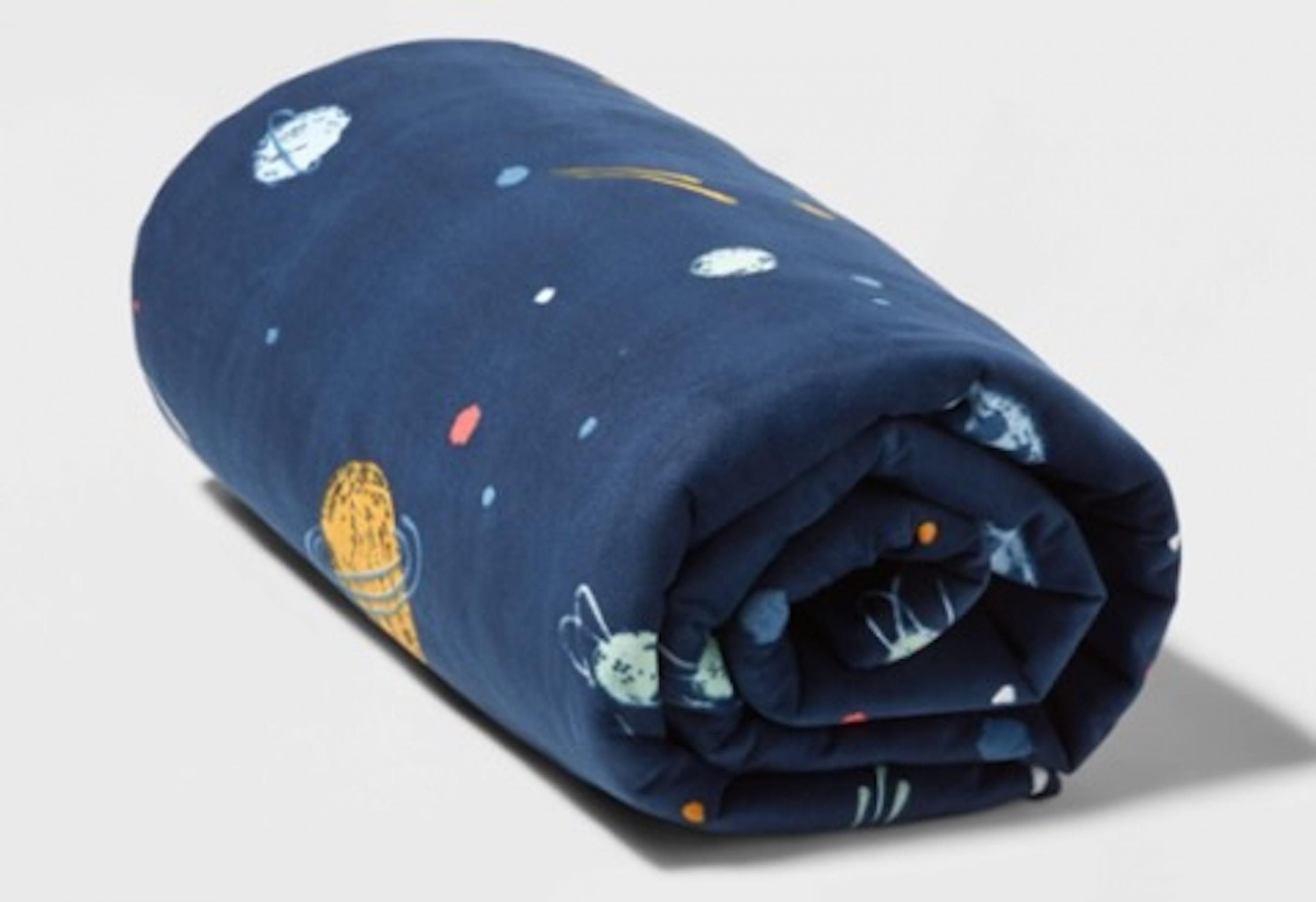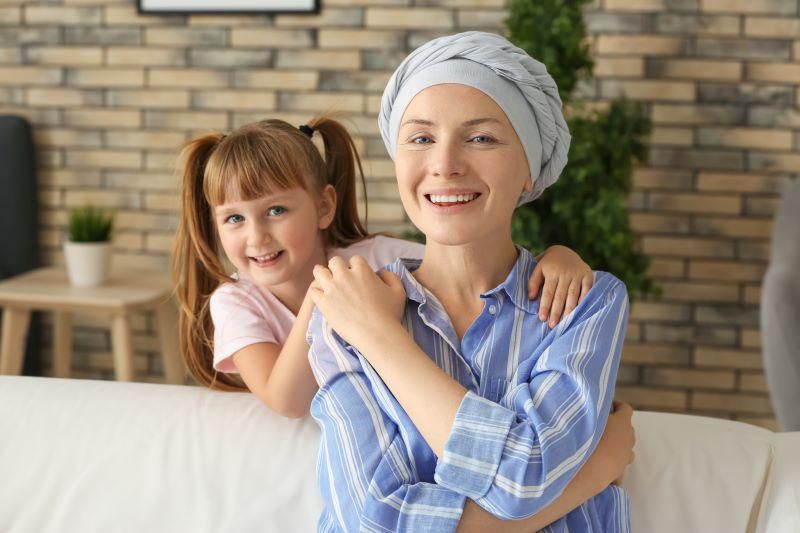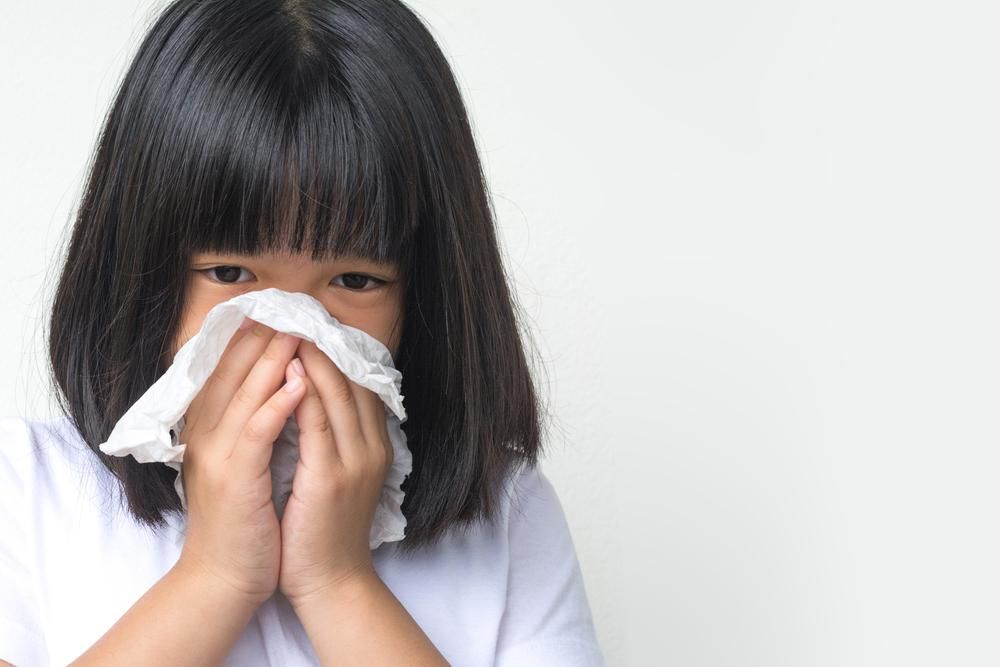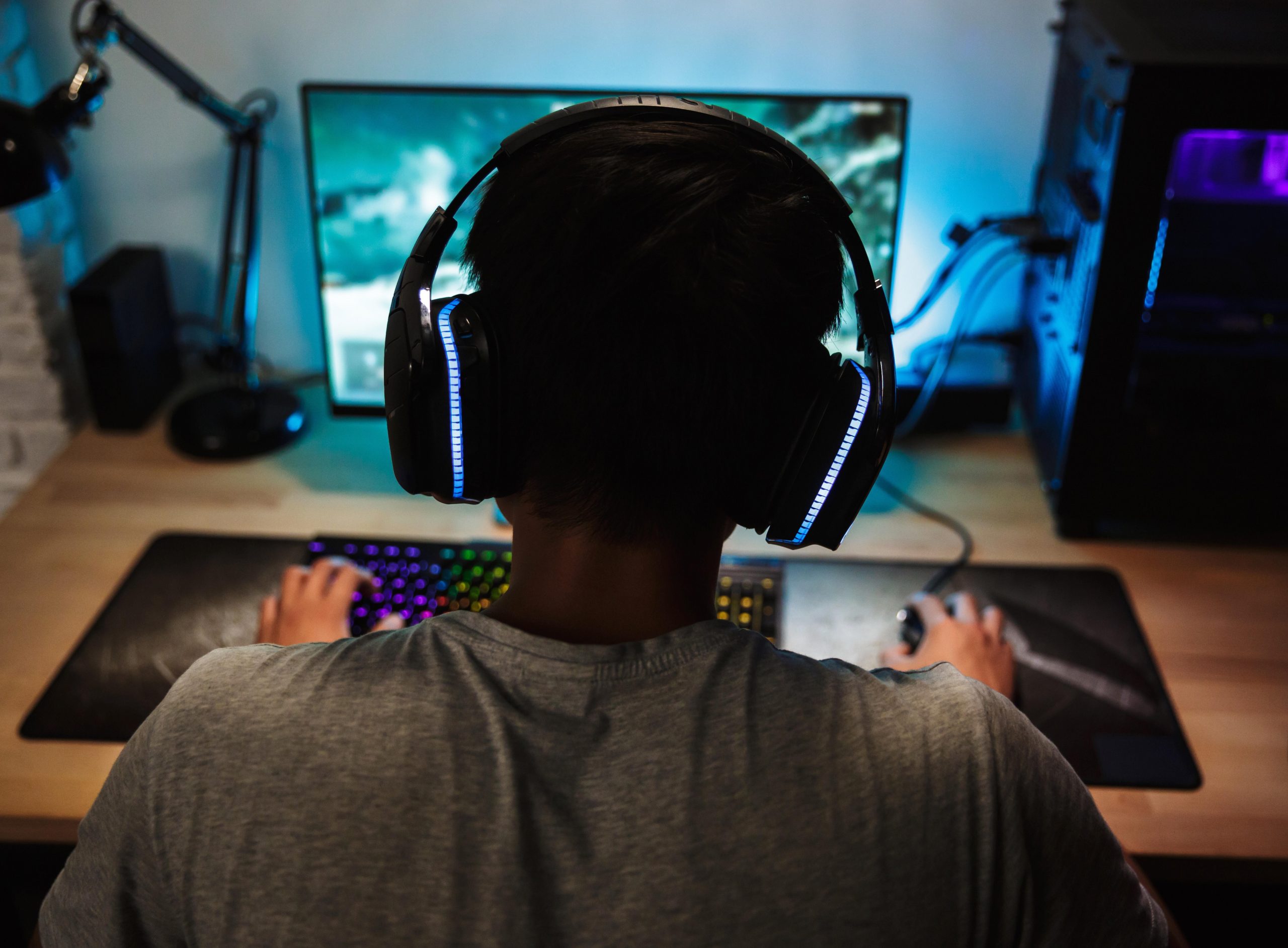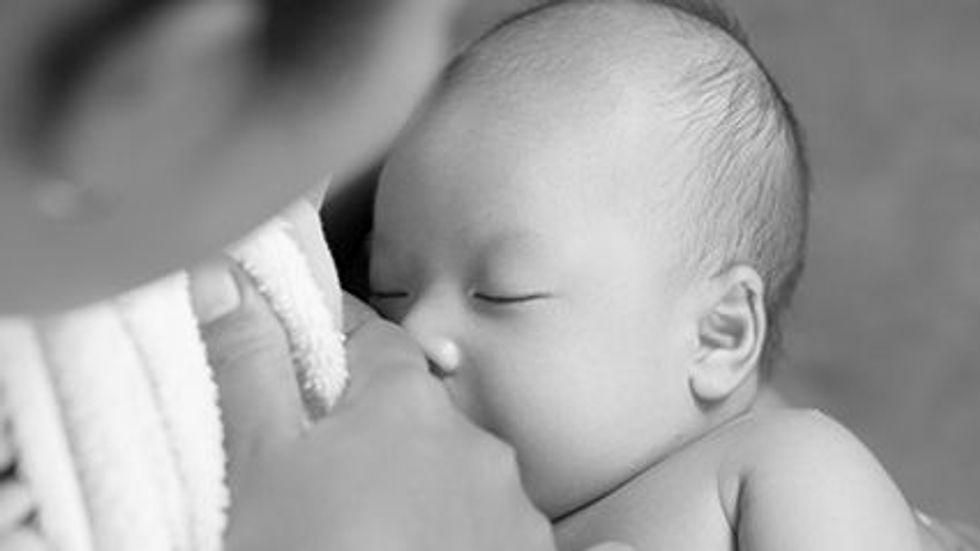
While 8 of 10 mothers breastfeed their newborns for a short time, the number plummets despite recommendations from experts, in part because milk production falls off. Researchers investigating why that happens found that in women who are obese, inflammation may be the culprit. Prior research has shown that when a person is obese, chronic inflammation… read on > read on >










